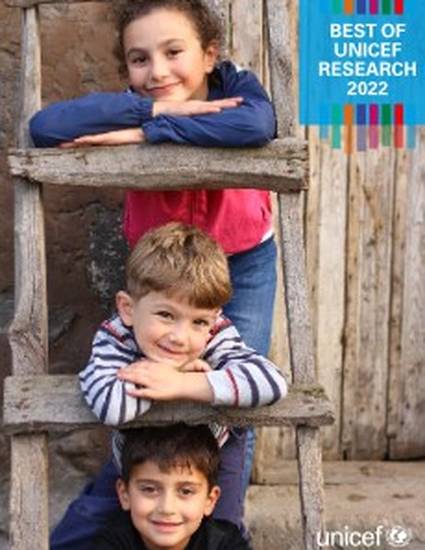
Contribution to Book
How effective is early child education and what influences its success?
Best of UNICEF Research 2022
(2022)
Abstract
Over the last decade, the education system in the Philippines has been transformed from a 10-year system to a 13-year one, with compulsory kindergarten. This research, developed in partnership with the Republic of the Philippines’ Department of Education, sought to understand what impact the additional compulsory years of education were having on children. Across a six-year programme period beginning in 2015, the study followed the educational progress of more than 3,400 children across 65+ schools. On an annual basis, it compared the performance and cognitive and socioemotional development of those who had been to preschool with those who had not. It also explored differences in performance by location and domestic circumstances – looking at students from schools in urban poor, conflict-affected and disaster-prone areas.
Keywords
- Preschool education,
- Longitudinal studies,
- Cognitive skills,
- Emotional development,
- Interpersonal competence,
- Literacy,
- Mathematics skills,
- Policy formation,
- Philippines
Publication Date
2022
Publisher
UNICEF
ISBN
9788865220689
Citation Information
Rachel Parker, Jacqueline Cheng, Prue Anderson, Dan Cloney, et al.. "How effective is early child education and what influences its success?" Best of UNICEF Research 2022 (2022) p. 46 - 53 Available at: http://works.bepress.com/jacqueline-cheng/26/
